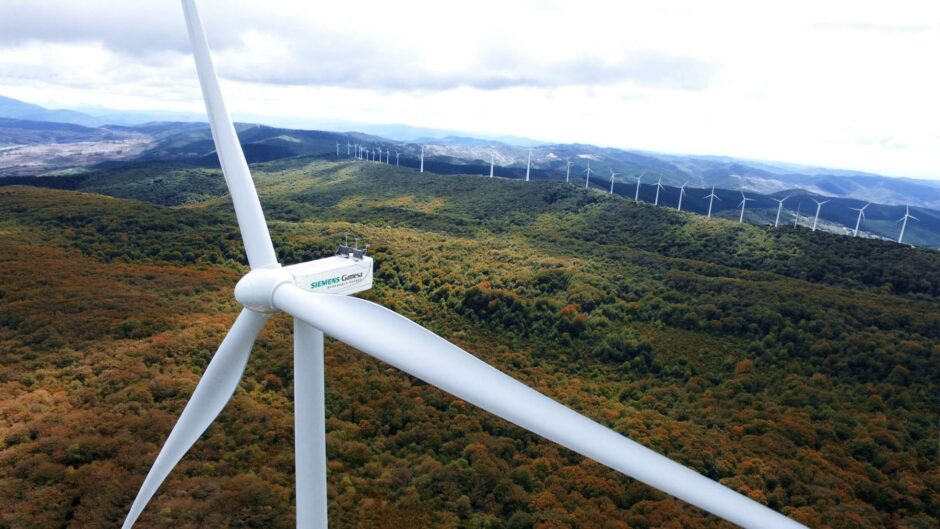
Development of new wind farms in remote, wild areas should be halted, the National Trust for Scotland has said.
The Trust says it recognises the need for renewable energy but argues this should not come at the expense of wild land.
It is calling for protection of wild land to be strengthened in a new national planning framework.
The Trust also said that the Government’s draft Onshore Energy Wind Statement now omits any mention of wild land, in contrast with a previous version from 2017.
Philip Long, chief executive of the National Trust for Scotland, said: “The Trust welcomes the Scottish Government’s attention to the nature and climate emergencies and its previous commitment to protecting wild land, but it is now more imperative than ever that efforts to conserve and protect our wild land are given priority.
“Government policies such as the National Planning Framework 4 and the Onshore Wind Energy Statement should work to support rather than undermine these efforts.
“We recognise the need to develop sources of renewable energy, but these shouldn’t be to the detriment of our natural assets.”
He continued: “The most recent IPCC (Intergovernmental Panel on Climate Change) report highlighted how important protecting land for nature will be in mitigating the effects of climate change, so the importance of these areas should not be underestimated.
“Wild land areas are where nature and natural processes predominate, and where humans can enjoy the qualities of tranquillity and beauty.
“They are also key for meeting our biodiversity and climate change ambitions.”
A Scottish Government spokesman said: “Scotland’s planning system will play a vital role in responding to climate change, in encouraging nature recovery and in helping to deliver the infrastructure needed to achieve our net zero ambitions.
“National Planning Framework 4 will signal a turning point for planning and we have been clear that responding to both the global climate emergency and the nature crisis will be central to that.
“We are carefully considering the wealth of information and views expressed during our NPF4 consultation before we take a final version to the Scottish Parliament for approval this autumn.”
Recommended for you
